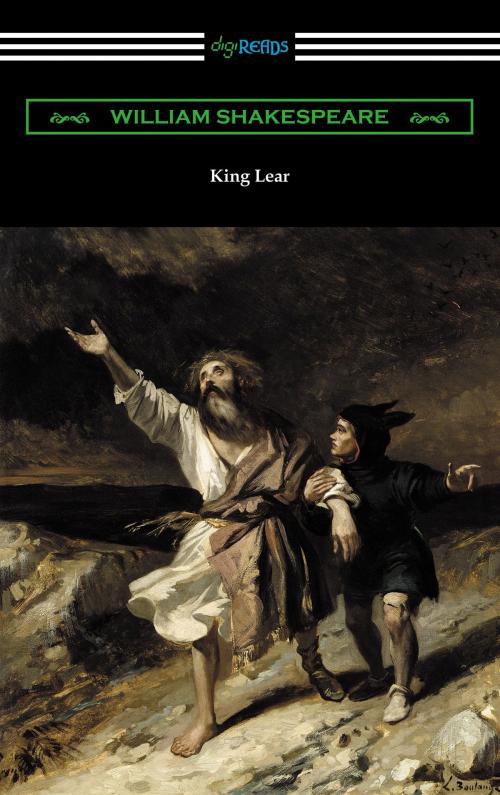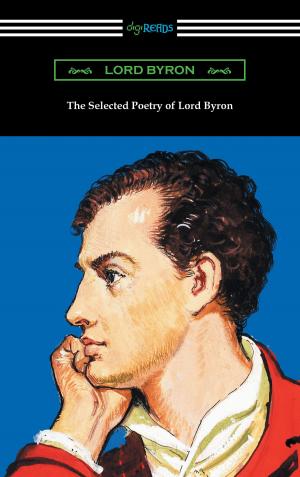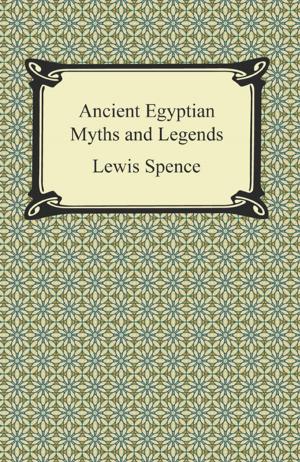King Lear (Annotated by Henry N. Hudson with an Introduction by Charles Harold Herford)
Nonfiction, Entertainment, Drama, Shakespeare, Fiction & Literature| Author: | William Shakespeare | ISBN: | 9781420953350 |
| Publisher: | Neeland Media LLC | Publication: | May 31, 2016 |
| Imprint: | Digireads.com Publishing | Language: | English |
| Author: | William Shakespeare |
| ISBN: | 9781420953350 |
| Publisher: | Neeland Media LLC |
| Publication: | May 31, 2016 |
| Imprint: | Digireads.com Publishing |
| Language: | English |
The historical basis for “King Lear” comes from Geoffrey of Monmouth’s account of the legendary King Leir of the Britons recorded in the historian’s “History of the Kings of Briton.” King Lear is an elderly man and wishes to retire from power. In the decision to divide up his estate he requests that his daughters profess their feelings for him, vowing to give whomever loves him the most the largest share. His two eldest daughters Regan and Goneril go first and based on their responses are rewarded their respective portions. However when it is his youngest daughter Cordelia’s turn, she refuses to flatter her father as her older sisters have done, insisting that there are no words to describe her love. This enrages the King prompting him to disinherit Cordelia and split the remaining inheritance amongst the two eldest sisters instead. As the play progresses, the foolishness of this decision becomes evident, descending the King into madness. In its portrayal of the tragic effect of human weakness and cruelty, “King Lear” has come to be regarded as one of the most powerful of Shakespeare’s works. This edition is annotated by Henry N. Hudson and includes an introduction by Charles Harold Herford.
The historical basis for “King Lear” comes from Geoffrey of Monmouth’s account of the legendary King Leir of the Britons recorded in the historian’s “History of the Kings of Briton.” King Lear is an elderly man and wishes to retire from power. In the decision to divide up his estate he requests that his daughters profess their feelings for him, vowing to give whomever loves him the most the largest share. His two eldest daughters Regan and Goneril go first and based on their responses are rewarded their respective portions. However when it is his youngest daughter Cordelia’s turn, she refuses to flatter her father as her older sisters have done, insisting that there are no words to describe her love. This enrages the King prompting him to disinherit Cordelia and split the remaining inheritance amongst the two eldest sisters instead. As the play progresses, the foolishness of this decision becomes evident, descending the King into madness. In its portrayal of the tragic effect of human weakness and cruelty, “King Lear” has come to be regarded as one of the most powerful of Shakespeare’s works. This edition is annotated by Henry N. Hudson and includes an introduction by Charles Harold Herford.















